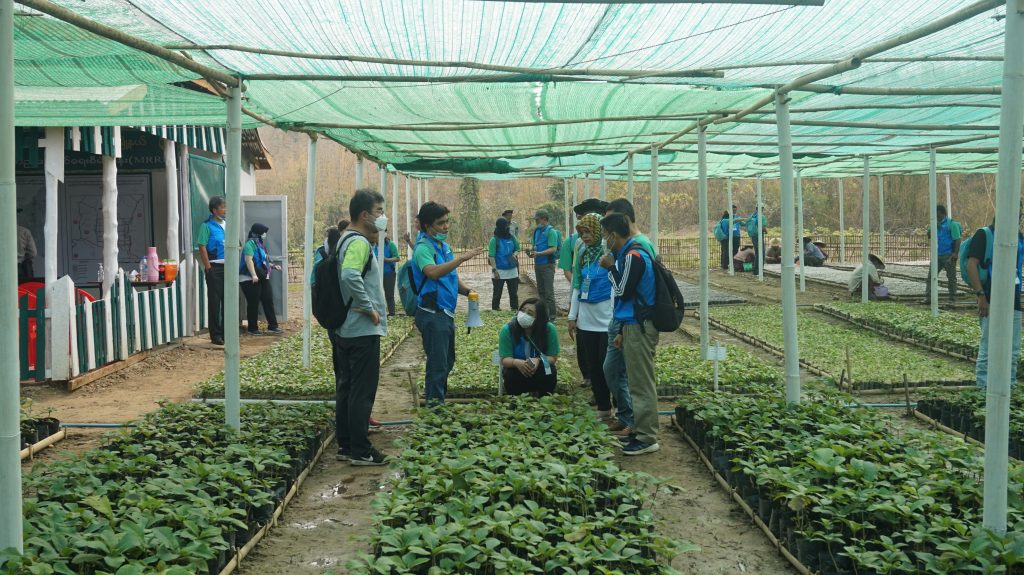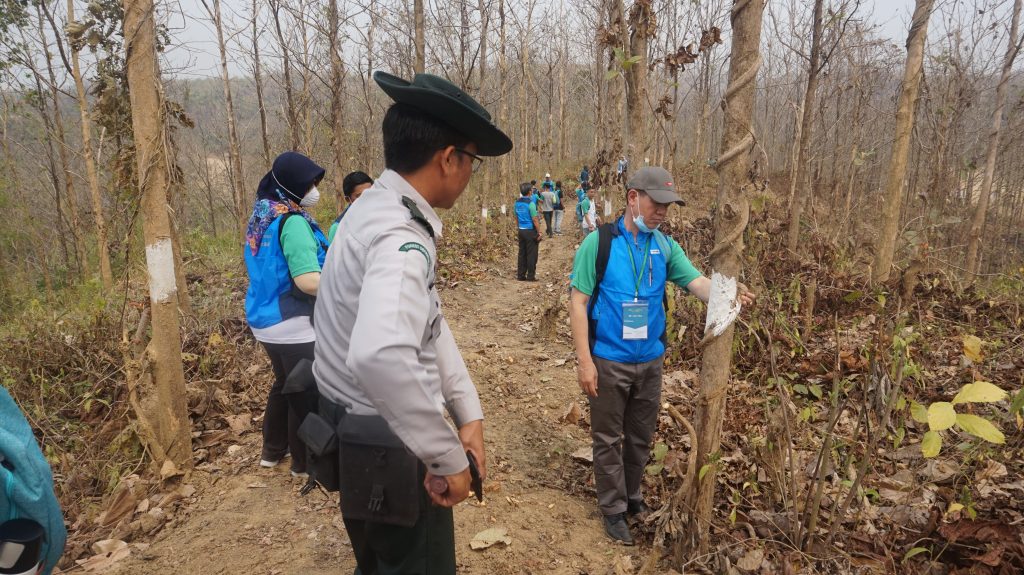24-28 February 2020, AFoCO RETC, Myanmar
Forest cover continues to decrease and threaten people’s livelihoods despite many efforts in forest rehabilitation and restoration. According to the Global Partnership on Forest and Landscape Restoration (CPFLR), more than 2 billion ha of the world’s deforested and degraded landscape can potentially be restored. This is not an exception in Asia, especially in tropical forests. FAO reported that between 2000 and 2015, forest area in Southeast Asia alone has been reduced to about 32 million ha, with about -0.35% in the annual change of forest cover. The Republic of Korea (ROK)’s forests cover 63 % of its land area today after large-scale reforestation efforts in the 1970s and 1980s. The success of ROK’s reforestation programs has gained worldwide recognition and the country is now being promoted as a reforestation model for other countries.

Forest rehabilitation and restoration in Asia is one of the major goals of the Asian Forest Cooperation Organization (AFoCO). In line with AFoCO’s Strategic Priorities, the AFoCO RETC runs regular training courses on three core training topics: forest rehabilitation and reforestation, forest fire management and community-based forest management.
This year’s forest rehabilitation and reforestation course, under the theme “Reforestation and Community Participation”, was organized in collaboration with the Food and Agriculture Organization (FAO). The training course was held from 24 to 28 February 2020, at the AFoCO Regional Education and Training Center in Myanmar.

A total of 20 participants from eight AFoCO member countries gathered together to learn about reforestation and community participation, food security and gender matters and discussed challenges and lessons learned from previous reforestation experiences to help guide ongoing and future reforestation efforts. As part of the field trip, participants visited two Teak plantation sites run by the Forest Department of Myanmar as well as a private teak production company in Taik Kyi Township, Yangon Region, Myanmar to gain insight on the management of nurseries and teak plantations in Myanmar.

